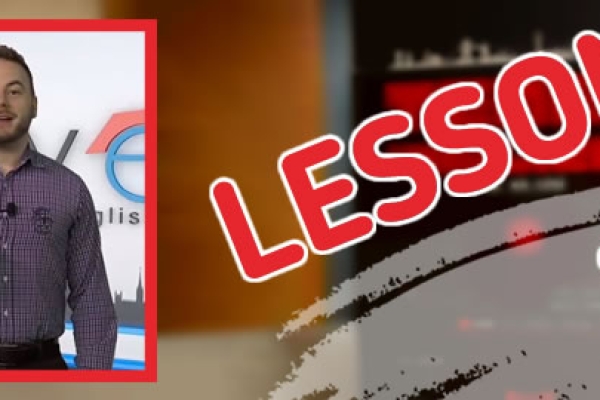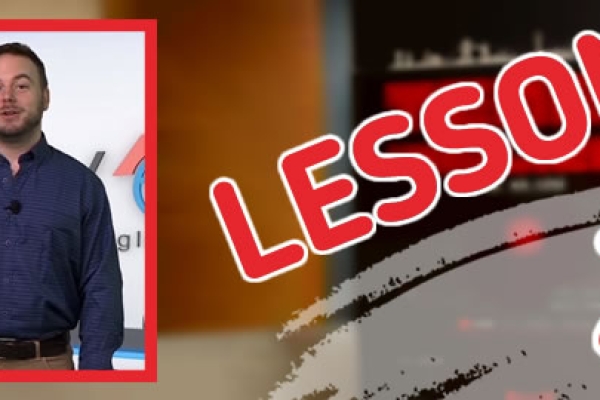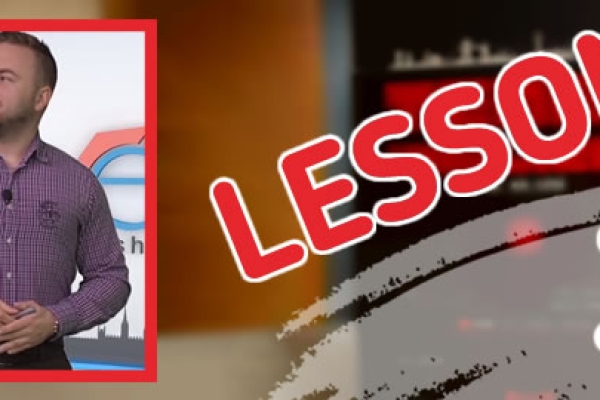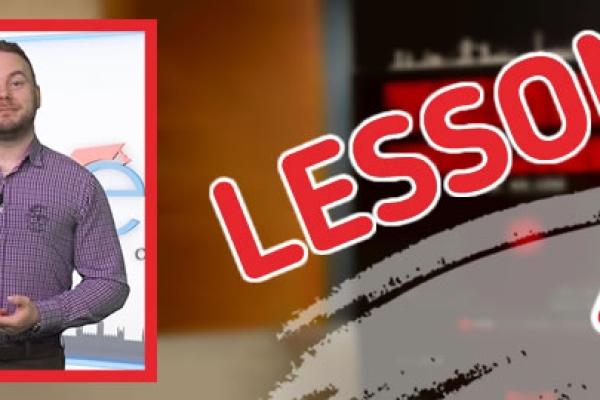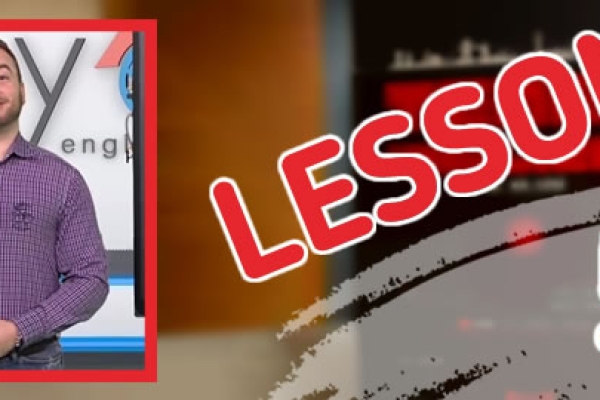This topic defines the expressions used in English grammar when making comparisons. These expressions are used to explain how one thing is similar or different from another.
1. The same (same): Indicates that two or more things are exactly equal or identical. For example:
- "Our tastes are the same."
- "These two dresses are the same color."
2. Similar: Indicates that two or more things are similar, but not exactly the same. For example:
- "The twins look similar, but you can tell them apart by their hairstyles."
- "The two movies have similar plots, but different endings."
3. Different: Indicates that two or more things are different from each other. For example:
- "My brother and I have different tastes in music."
- "These two paintings are very different in style."
4. Like: Indicates that two or more things have similar characteristics. For example:
- "She sings like an angel."
- "His handwriting looks like chicken scratch."
5. Alike (similar): Indicates that two or more things are similar to each other, but like "similar" its use is more limited. For example:
- "The two sisters are very alike in personality."
- "These two recipes are alike in many ways, but they use different spices."
These expressions are often used when making comparisons and are used to emphasize differences and
Translated with DeepL.com (free version)
********* ********* ******** ********
Ücretsiz video derslerimiz aynı zamanda TEMEL İNGİLİZCE DİL BİLGİSİ kitabımızın konu anlatımlarıdır. Temel İngilizce Dil Bilgisi kitabımız ile bu videolara çalışarak İngilizce öğrenebilirsiniz.
Kitabı incelemek için aşağıdaki resme tıklayınız.
Temel Seviyede daha fazla ve farklı video dersler izlemek, daha fazla soru çözmek ve online aktiviteler yapmak için aşağıdaki kursumuzu inceleyiniz. (Resme tıklayınız.)





